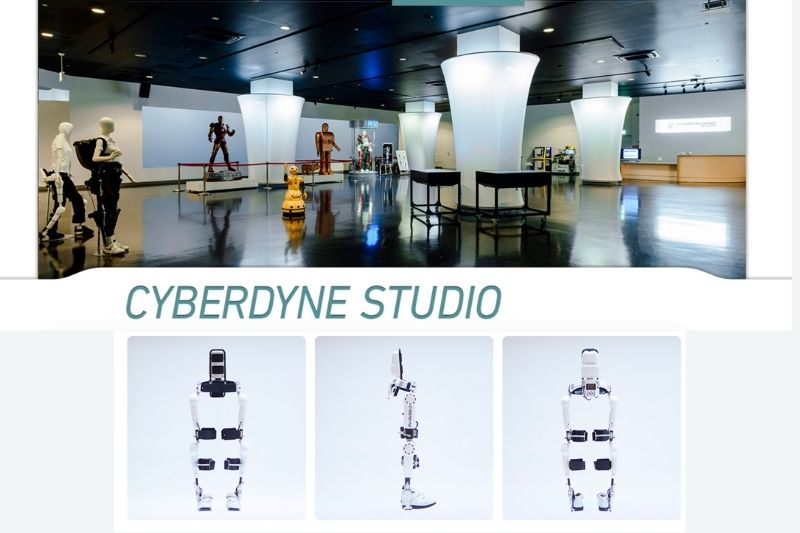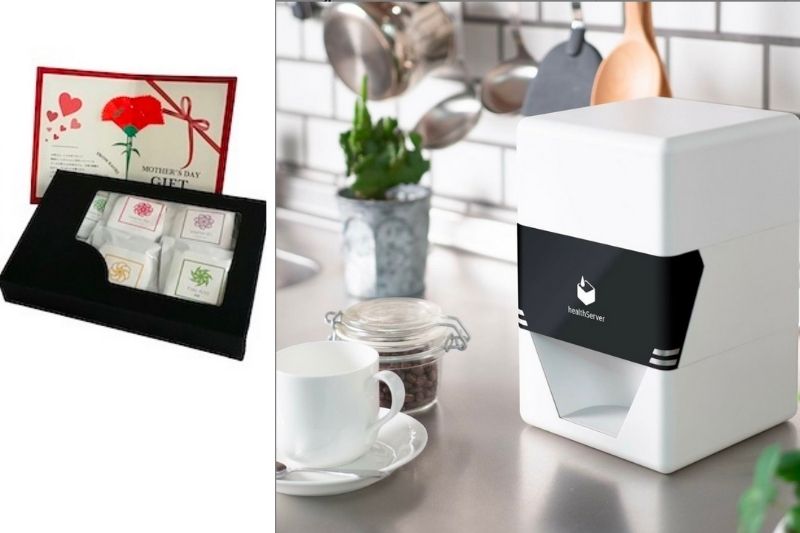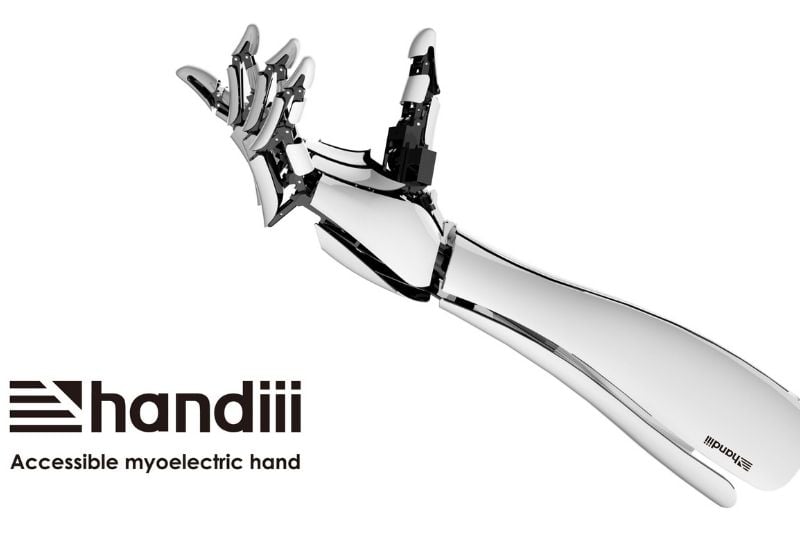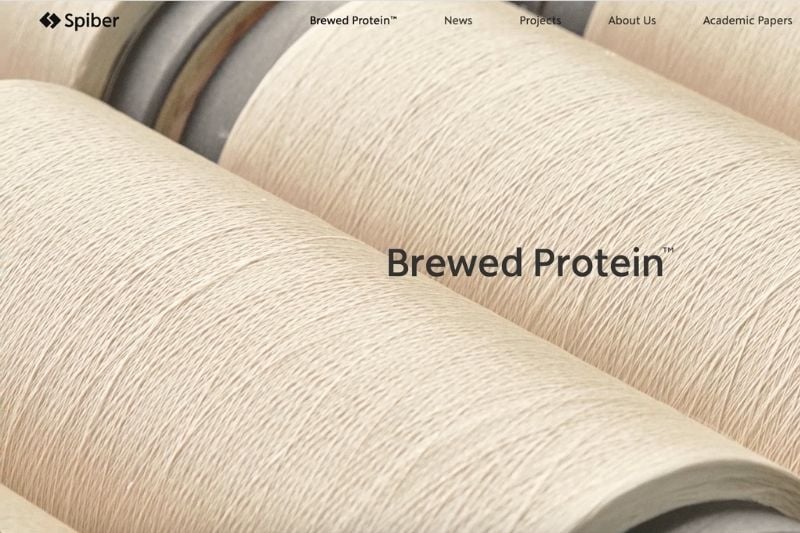Japan takes pride in being a leader in innovation and technology. Here is a list of 8 HealthTech startups in Japan with products so advanced we didn’t even know we needed them.
Japan is best known for its science and technology, ranging from consumer electronics to medical devices. Because of Japan’s reputation for being the most technologically advanced country in the world, when it comes to the world of HealthTech, it is no surprise that Japan is consistently figuring out ways to improve the public’s health. We’ve compiled a list of 8 HealthTech startups in Japan with interesting technological innovations to make taking care of our health more exciting.
1. CyberDyne
CyberDyne was founded in 2004 by Dr. Yoshiyuki Sankai. CyberDyne’s mission is to create advanced technology for early detection, prevention, and health maintenance of the ageing population. Their product, the Robot Suit HAL, uses the transmission of nerve signals to rehabilitate those with lower limb disabilities. Patients are able to access this therapeutic technology at the CyberDyne studio where robotic remedial devices teach and train patients’ brains to move their legs again.

2. CureAPP
Developed in 2014, CureAPP became the leading Asia digital health therapeutic medical software company to launch a platform for consumers to manage smoking addictions. Their goal is to support patients in quitting smoking in a home setting, with just their smartphone and a portable CO Checker. Patients can log their smoking habits and use the CO Checker to record carbon monoxide concentrations. The app then generates recommendations on methods of lifestyle improvement. On December 1, 2020, the CureApp became the first digital therapeutics application to be covered by insurance.
3. HACARUS
HACARUS is an Artificial Intelligence (AI) startup in Kyoto, Japan. They developed AI SALUS, an AI-based platform which manages clinical decisions through diagnostic tools. Unlike traditional computers that need to compare thousands of samples, AI SALUS uses as little as fifty sample scans (CT, MRI, and ECG) to provide diagnosis predictions for even the rarest disorders. HACARUS hopes this AI tool can aid doctors in creating more precise treatments to advance patient care.
4. Dricos [HealthServer]
For those who dislike taking pills as supplements, HealthServer’s Dricos HealthTech innovation is perfect for you. Dricos is a custom-made supplement drink server with the mission of providing an easy solution for the modern person to maintain good health. Dricos provides supplements for women to control their menstrual cycle due to hormone imbalance, gym supplements to obtain better muscle-building results, or even simple nutritional supplements like vitamin C, D, or B1 to improve your overall health.

https://www.instagram.com/healthserver/?hl=ja
5. AI Medical centre
AI Medical centre (AIM) was founded in 2017 in Toshima, receiving funding of US$57 million. AIM is developing ways to support endoscopists, by creating a system that supports endoscopist’s diagnosis for digestive tracts including the oesophagus, stomach, and intestines. The software is being used to develop diagnostic support through the analysis of endoscopic imaging data.
6. Handiii
Using 3D printing, Exiii created Handiii uses EMG sensors to develop a myoelectric prosthetic arm for people without arms. The prosthetic arm is smartphone-connected to provide algorithmic reports for doctors or caregivers. This prosthetic arm costs only 1.5 million yen (US$14,000), the average advanced prosthetic arm costing up to US$100,000. Handiii aims to create affordable and ‘handy’ medical devices, technology they hope to integrate into people’s daily lives, as accessible as purchasing a pair of glasses. In the end, the goal of the prosthetic arm is to assist those with disabilities to be able to live their lives normally and have a sense of freedom.

https://ifworlddesignguide.com/entry/148430-handiii
7. Cocololo
Cocololo is an app that uses a heartbeat sensor through finger placement over a smartphone’s camera to receive stress information. The app provides specific music and spa coupons to reduce users’ stress conditions, and will generate stress checks to remind app users to take a mental break. Cocololo hopes this app can reduce the stigma of mental illness in Japan and bring a discrete and accessible method for people to better manage their stress.
8. Spiber
Spider Silk is known as one of the sturdiest materials in nature, even stronger than steel. Spiber researches and develops spider silk fibroin proteins: rather than extracting spider silk directly from nature, Spiber uses materials produced through a fermentation process using sugar and microbes to generate their proteins. Spider silks are biodegradable and flexible, providing biocompatibility, and because of this, it makes good scaffolding material to develop artificial blood vessels.

Related Articles
10 HealthTech Startups in Singapore to Watch





